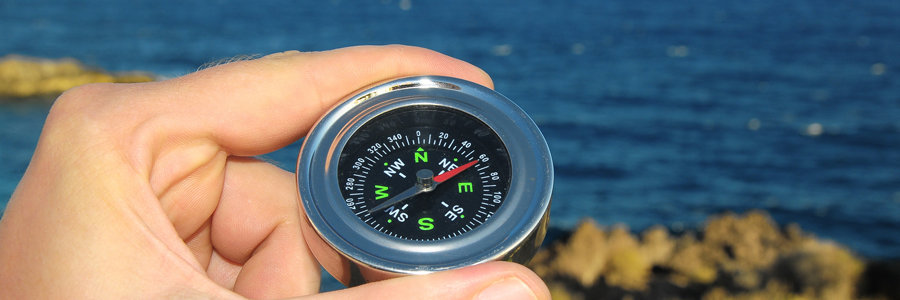Along with the European Commission’s publication of the Orientation Paper for the future Interreg Baltic Sea Region, the programming process is moving from an informal exchange on ideas for the future Programme to a more formalised programming process.

© PantherMedia / Alberto Giacomazzi
Orientation Paper to set grounds
The Orientation Paper issued by the European Commission provides in particular thematic recommendations for the future Interreg Baltic Sea Region Programme 2021-2027 to the countries involved.
In relation to the European Commission’s draft regulation on Interreg published in May 2018, the Commission in the Orientation Paper recommends that the future Interreg Baltic Sea Region programme could be thematically focused on the Policy Objective 1 (a smarter Europe), Policy Objective 2 (a greener, low-carbon Europe) and an Interreg-specific objective (better Interreg governance and a safer and more secure Europe). The future Interreg Baltic Sea Region programme would also continue to support the implementation of the EU Strategy for the Baltic Sea Region. For more detailed information, please read the full document that is available here.
Next steps
The publication of the Orientation Paper has enabled the Managing Authority / Joint Secretariat (MA/JS) of Interreg Baltic Sea Region to formally initiate setting up the Joint Programming Committee (JPC). The Committee will be composed of delegates from the EU Member States and neighbouring partner countries. Among its core tasks belong the selection of the future thematic priorities as well as the allocation of funds to those priorities. The JPC itself is expected to be approved by end of December 2019 whereas its first meeting is planned for 5-6 February 2020 under the Latvian chairmanship.
The complex process of defining thematic priorities for transnational cooperation in the Baltic Sea region is supported by experts from Ramboll Consulting. Already on 4 December 2019, an informal meeting of the consultants, representatives of programme countries and the MA/JS takes place in Hamburg. Its purpose is to review and complement first results of the in-depth analysis by Ramboll Consulting of strategic documents to identify potential topics for the future programme. The findings will serve as one input to further discussions and narrowing down the thematic focus of the programme to make the best out of transnational cooperation in the region.
Discussions among programme countries and bodies and the European Commission will be complemented by consultations of stakeholders planned for 2020.
Please visit the dedicated section on the Programme website to follow the development of the programming process.






